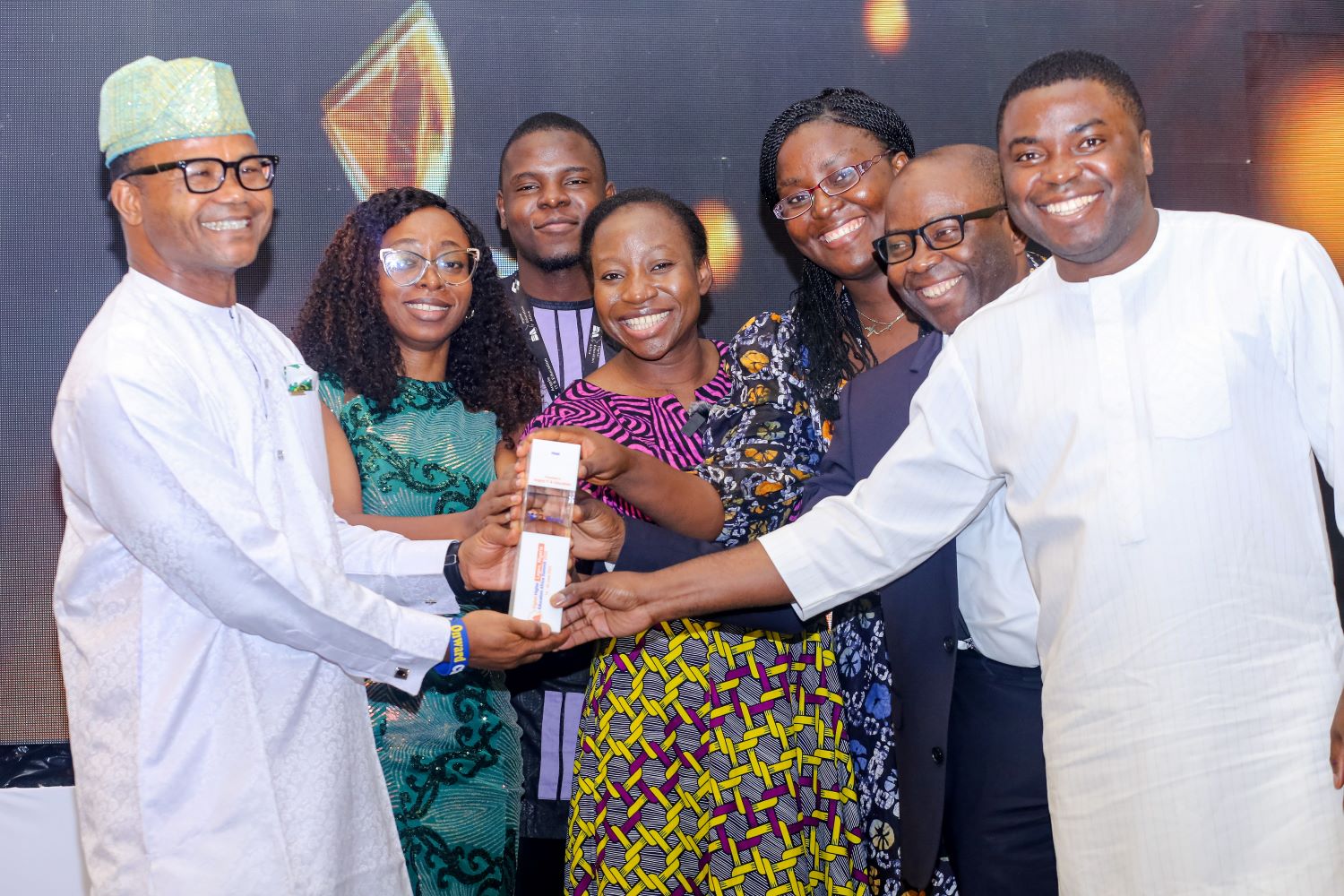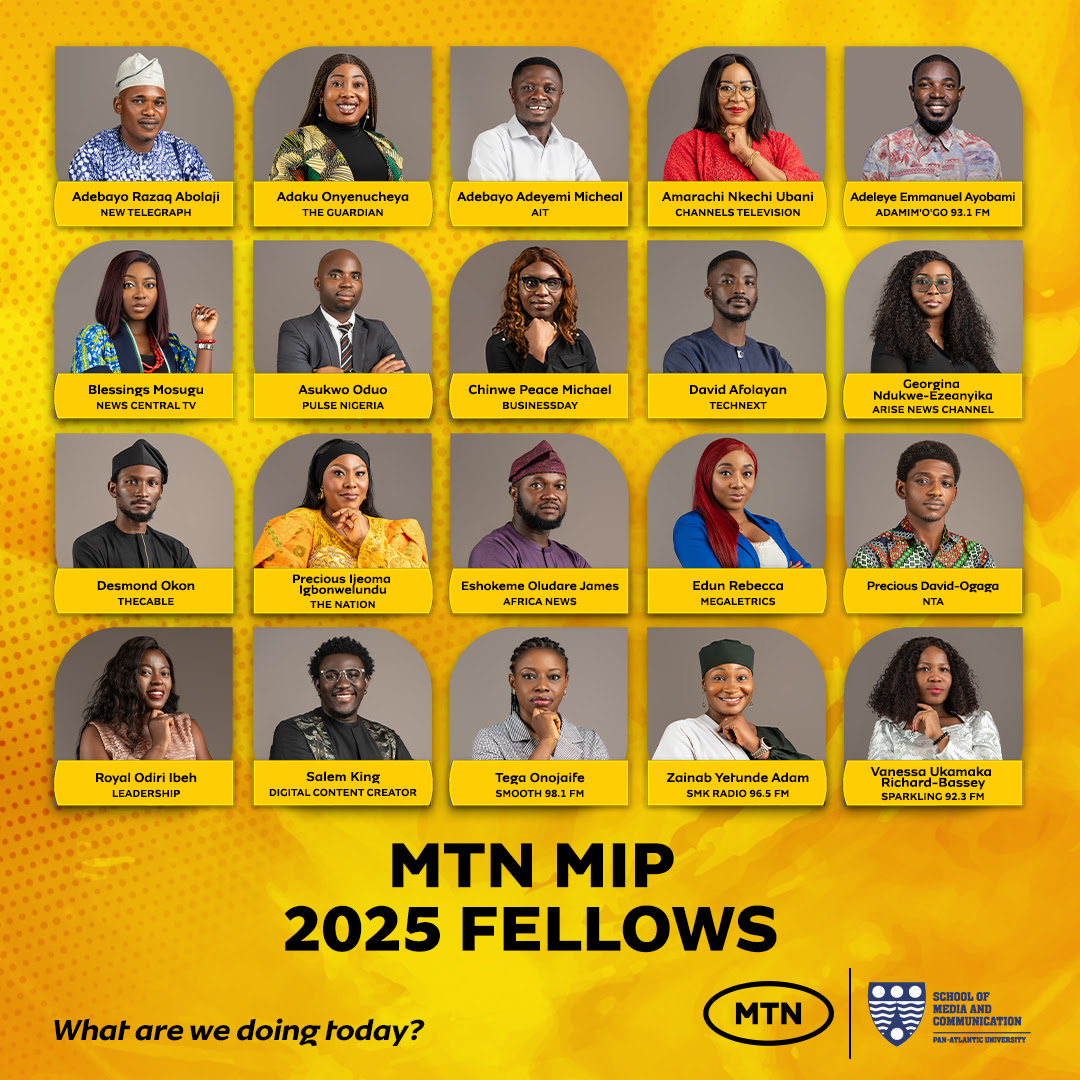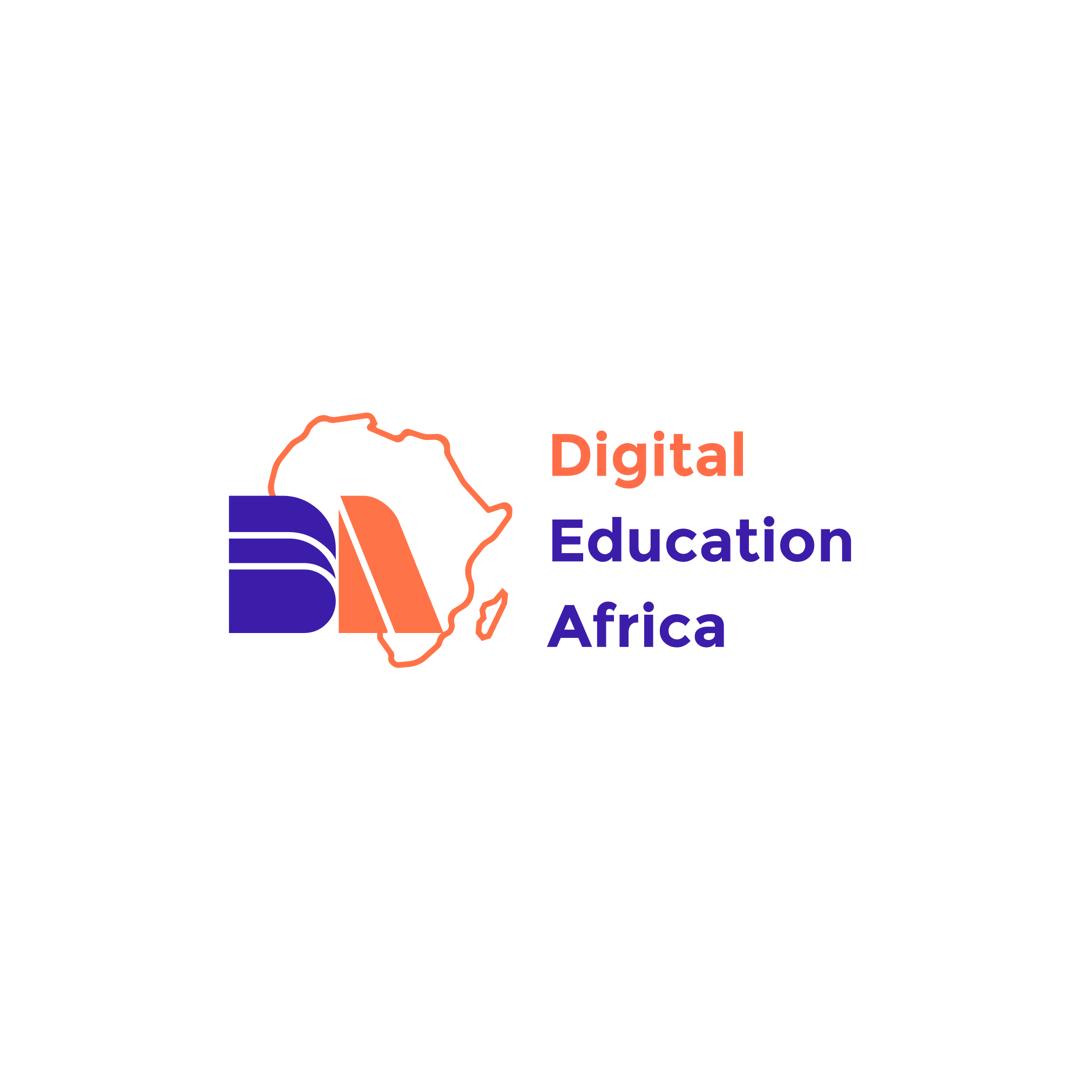Digital Higher Education Africa (DHEA) is championing the continent’s higher education’s digital transformation.
DHEA demonstrated this through the summit it organised which was anchored by Argyle IT & Education and was held at Eko Hotel and Suites, Victoria Island, Lagos.
The Inaugural event brought together leaders in education, technology, and public policy to explore the theme: “Digital Transformation in Further and Higher Education Institutions.”
The summit saw a gathering of stakeholders from institutions including the University of Lagos, Covenant University, Bowen University, Caleb University, Ekiti State University, LASUSTECH, Crawford University, University of Ilorin, University of Ibadan, Miva Open University, Niger Delta University, Petroleum Training Institute, and Delaware’s Institute of Technology.
Notable figures in attendance include: Opeyemi Ibukun, CEO, Argyle IT & Education; Mrs. Remi George Ashiru, Ministry of Science, Innovation and Technology; Matthew Ibukun, Chairman, Argyle IT & Education; Hon. Yakubu Ibrahim Hamza, Special Adviser on Higher Education and representative of the Bauchi State Governor; Prof. Wahab Olasupo Egbewole,
Vice-chancellor, University of Ilorin and Secretary General, Association of West African University; Prof. Oladiran Tayo Arulogun, Vice-chancellor, Miva Open University; Prof. Joseph Babatola Ayodele, Vice-chancellor, Ekiti State University; Prof. Abel Idowu Olayinka, Founding president of the West African Research and Innovation Management Association (WARIMA); Solikume Joel, Chief Operating Officer, Argyle IT & Education; Professor Babajide Oyeneyin, Director, I-Flow Energy Holdings; Dr. Jide Olufuyi, Managing Director, LOJ Education; Abdulmalik Halilu, Director, Nigerian Content Development and Monitoring Board (NCDMB), members of the press, and others.
In his opening speech, Opeyemi Ibukun, CEO, Argyle IT & Education remarked on the reason for the Summit and how African universities should create and adapt technology in education processes, “DHEA was established to develop home-grown solutions that directly address the unique challenges facing the continent in education delivery, learning, and assessment.
African institutions must move beyond being mere consumers of technology to becoming its creators. The next leap in higher education will be driven by bold, locally developed innovations, not imported solutions,” he said.
Head of Education at the African Union Commission, Sophia Ashipala, highlighted Africa’s alarmingly low digital enrolment in higher education, less than 12per cent compared to the global average of 85per cent calling it a wake-up call for urgent reform. “We must shift from reactive to proactive, designing curricula and digital infrastructure that reflect the future we want for the continent. This is our moment to build a more resilient, inclusive system, one that prioritises STEM, green skills, and Africa-centred knowledge,” she said.
Representing the Bauchi State Government, Hon. Yakubu Ibrahim Hamza, Special Adviser on Education, emphasized the importance of state-level commitment. “This transformation must happen from the ground up. States must invest in infrastructure and policies that make digital access a right, not a privilege,” he said.
Delivering a goodwill message on behalf of Mr. Olatunbosun Alake, Commissioner, Innovation, Science & Technology, Lagos State, Mrs. Remi George Ashiru stated, “This gathering is timely because Africa is advancing rapidly into AI and tech-led systems. Institutions must embrace technology not as a luxury but as a necessity. We must be digitally empowered, not digitally overwhelmed.”
In the opening keynote, Professor Wahab Egbewole SAN, Vice Chancellor of the University of Ilorin, addressed the topic “Bridging the Digital Divide: Inclusive Strategy for African Higher Education.” He noted that the digital divide in Africa is evident in the limited access to essential learning tools, including computers, internet connectivity, and digital libraries. “We must invest in sustainable solutions. Teachers often lack digital training, and while the demand for education is growing, access is still restricted. Bridging this gap must be intentional,” he said.
Buttressing his point, Abdulmalik Halilu, Director, NCDMB, emphasized the need for universities to rethink their role in society. “We need universities that think like entrepreneurs.
Technology must become a tool for institutional transformation, not just a resource for students, but a mindset that drives leadership and learning outcomes,” he said.
A panel session on internet access showcased a successful model where students paid a nominal tech fee of ₦10,000 during registration, resulting in broadband access for over 38,000 students. The same institution later addressed power access challenges by initiating an innovative electricity support solution for student hostels.
The fireside chat on research visibility sparked vital conversations on the need for quality before visibility. Sound research is the foundation of global impact. To truly make a mark, researchers must think beyond local publications and embrace global platforms because in today’s knowledge-driven world, value lies not just in ideas but in how effectively they are executed.
As part of the Summit, DHEA hosted a special award ceremony to recognise trailblazers for their commitment to shaping digital education, human capital development and excellent leadership. Awardees include: Seplat Energy, Shell, NCDMB, Chevron, PTDF, MTN, Argyle IT & Education, Danvic Safety Solutions International, LOJ Educational, and I-Flow Energy Holdings.
The DHEA Summit 2025, as the inaugural event, established a powerful platform for thought leadership, collaboration, and action. From redefining the role of institutions to scaling infrastructure and research, the conversations signal a clear mandate: the future of African higher education must be digital, inclusive, and homegrown. DHEA Summit 2026 and subsequent summits will build on this momentum and foundation.





